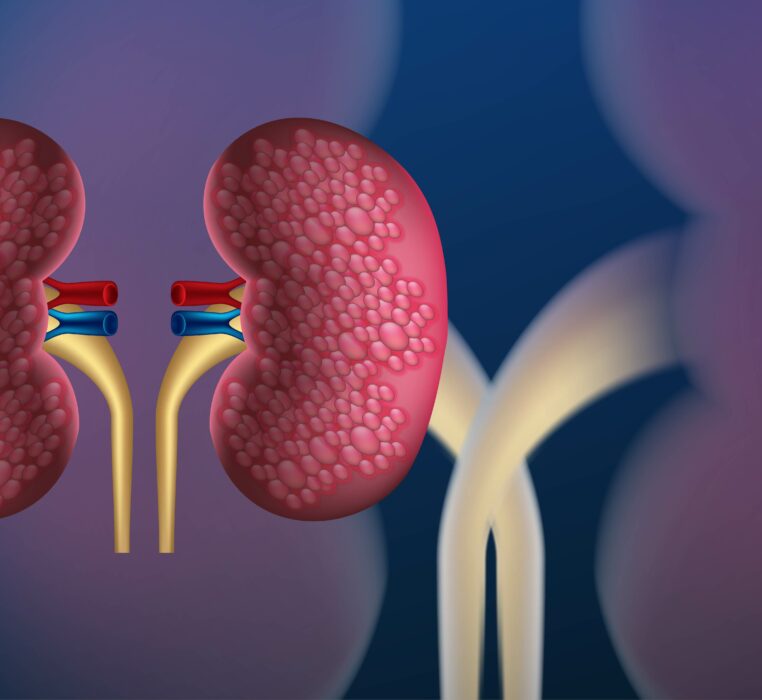Pediatrician
Consultant PediatriciansDiagnosing and Treating Common Childhood Ailments and Minor Injuries Providing prompt and accurate diagnosis and treatment for a range of common childhood illnesses and minor injuries. Referring Patients…
- View ProfileGynecologists
Consultant Gynecologists*Perform regular annual exams on patients (e.g. pap smears). *Analyze records, reports, test results, or examination information to diagnose medical condition of patient. *Explain procedures and discuss test…
- View ProfileDermatologists
Consultant Dermatologists*Evaluate patients’ skin condition. *Assess and update patients’ medical history. *Keep a record of patients’ symptoms. *Analyze all information regarding skin health conditions. *Prescribe medication. *Inform patients about available treatments. *Monitor the…
- View ProfileEndoscopic surgeons
Consultant Endoscopic surgeons*Gastrointestinal tract: esophagus, stomach, and duodenum (esophagogastroduodenoscopy), small intestine (enteroscopy), large intestine/colon (colonoscopy, sigmoidoscopy), bile duct, rectum (rectoscopy), and anus (anoscopy) *Respiratory tract: nose (rhinoscopy), lower respiratory…
- View ProfileUrologists
Consultant Urologists*Examining, diagnosing, and treating patient conditions and disorders of the genitourinary organs and tracts. *Documenting and reviewing patients' histories. Ordering, performing, and interpreting diagnostic tests. *Using specialized equipment, such…
- View ProfileOrthopedics
Consultant Orthopedic surgeons*Ordering tests *Diagnosing patients *Prescribing medication *Collaborating with physical therapists *Recording patient progress and medical history *Setting broken bones *Supervising medical staff *Providing post-operative care
- View ProfilePhysicians
Consultant Physicians*Takes medical histories and performs a physical examination to assess the patient to determine a possible diagnosis for both acute and chronic conditions * Providing referrals to…
- View ProfileClinicians
Clinicians*Reviewing patients' health-related presentations. *Discerning contextual hindrances to patients' well-being. *Providing effective but resource-sensitive treatment. *Monitoring receptiveness, adherence, and responses to stipulated treatments. *Boosting access to adaptive social support. *Completing routine,…
- View Profile







